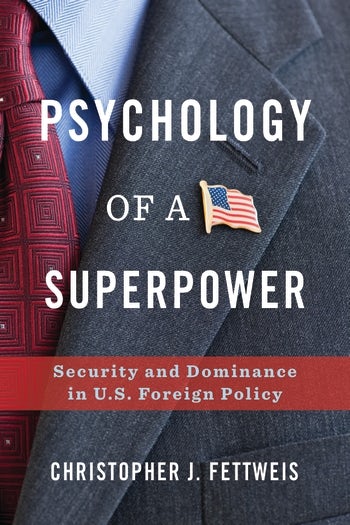This thread is about psychology not politics! Please do not discussion your political views here!
Why are Conservatives obsessed with humiliation? But in particular, Conservative men. Donald Trump repeatedly says things like "everyone is laughing at us" as if its the worse thing in the world. Conservative men, in general, act as though humiliation is the worst thing imaginable. Consider the world of Wrestling. Its not uncommon to hear things like "I will humiliate you". Is that really the best insult you can come up with? I'm not saying its stupid, I just want to understand.
Why are Conservatives obsessed with humiliation? But in particular, Conservative men. Donald Trump repeatedly says things like "everyone is laughing at us" as if its the worse thing in the world. Conservative men, in general, act as though humiliation is the worst thing imaginable. Consider the world of Wrestling. Its not uncommon to hear things like "I will humiliate you". Is that really the best insult you can come up with? I'm not saying its stupid, I just want to understand.
Last edited:


